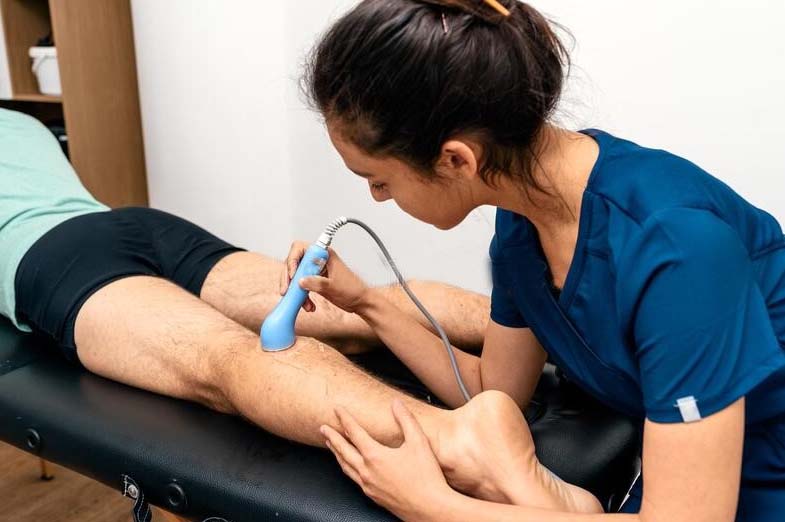Restoring movement and function to individuals affected by injury, illness, or disability is the goal of the multidisciplinary healthcare profession known as physiotherapy, often called physical therapy. Physiotherapists help people live better lives by reducing pain, increasing mobility, and restoring their independence through a mix of education, manual therapy, exercise, and other specialized techniques.
- Injury Rehabilitation:
Patients recuperating from surgical procedures, accidents, or sports-related injuries greatly benefit. To help patients regain mobility, flexibility, and strength, physiotherapists determine the full extent of injuries, create individualized treatment programs, and lead patients through specific exercises and methods. Whether you’re dealing with a ripped ligament, broken bone, or pulled muscle, it can help you get back on your feet faster and with less pain.
- Chronic Pain Management:
Arthritis, back pain, and fibromyalgia are just a few examples of chronic pain conditions that can greatly affect daily functioning and overall well-being. Physiotherapists enable patients to better manage pain and enhance function by addressing underlying musculoskeletal imbalances and promoting proper body mechanics.
- Neurological Rehabilitation:
Patients recovering from neurological disorders like MS, spinal cord injury, or stroke rely heavily. Physiotherapists aid patients in regaining mobility, coordination, and functional autonomy via the use of specific methods and exercises. The goal of neurological rehabilitation is to optimize long-term results by maximizing neuroplasticity, the brain’s capacity to reorganize and adapt, in order to facilitate recovery.

- Cardiopulmonary Rehabilitation:
Physiotherapy is essential for improving cardiovascular health and respiratory function in patients recovering from cardiac or pulmonary illnesses like asthma, COPD, or heart attacks. Physiotherapists aid in cardiac and pulmonary rehabilitation by educating patients on how to make lifestyle changes, providing supervised exercise programs, and teaching patients breathing techniques. This improves patients’ strength, endurance, and general health.
- Preventive Care and Wellness:
Prevention and wellness promotion are also important tenets of physiotherapy, in addition to rehabilitation. In order to lessen the likelihood of future injuries, physiotherapists instruct patients on ergonomics, correct body mechanics, and injury prevention techniques. In addition, people can keep themselves in peak health and avoid developing chronic diseases by following individualized exercise plans and making other lifestyle changes.
Conclusion:
Therapy is essential for people of all ages to regain their health, mobility, and overall quality of life. Physiotherapists help people break free from physical constraints, become functionally independent, and enjoy life to the utmost by treating a broad variety of conditions, including injuries, chronic pain, neurological disorders, and cardiopulmonary disorders. It promotes long-term improvements in patients’ lives by taking a comprehensive view of rehabilitation and wellness, embodying the values of autonomy, resiliency, and overall health.


